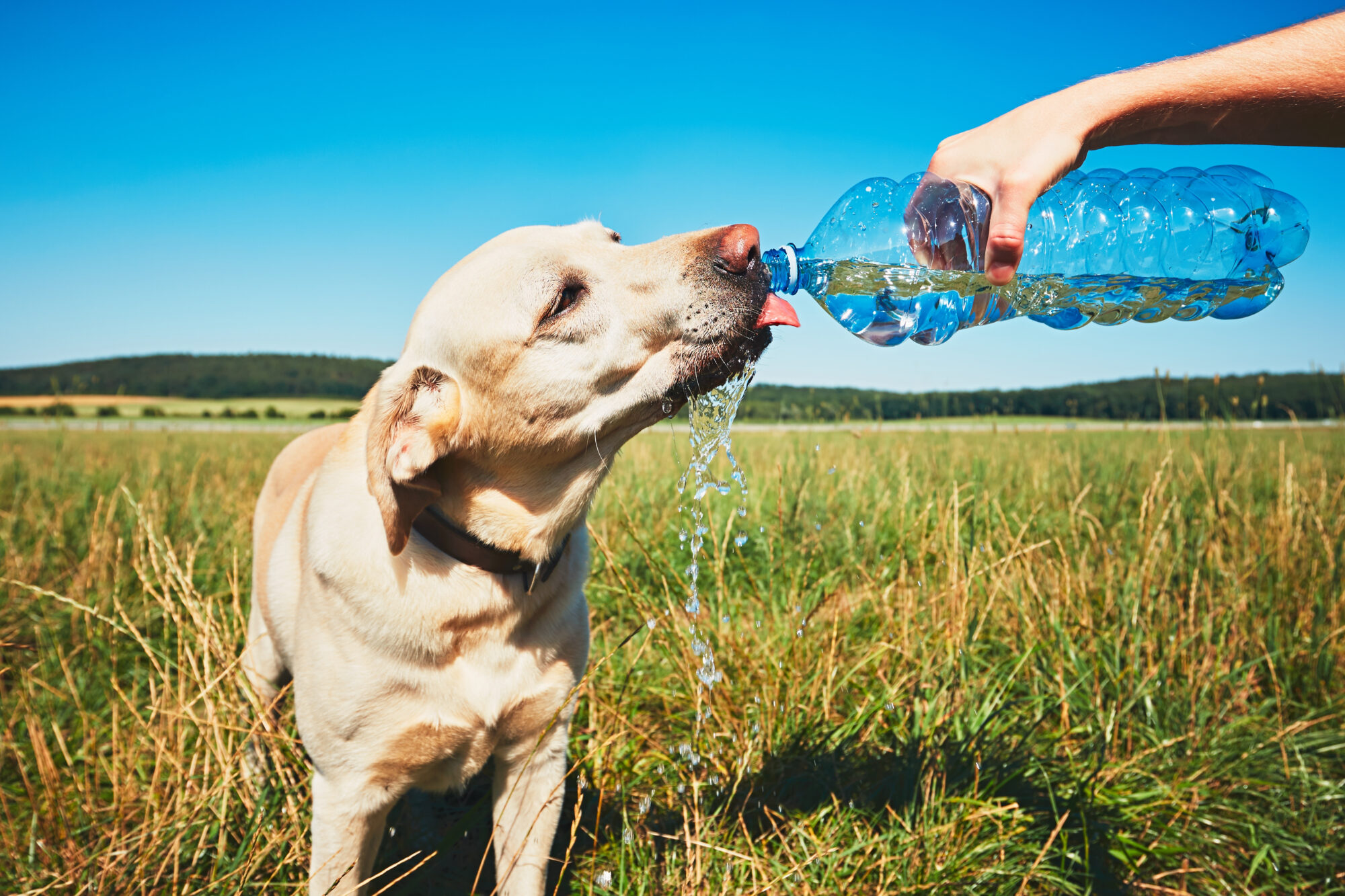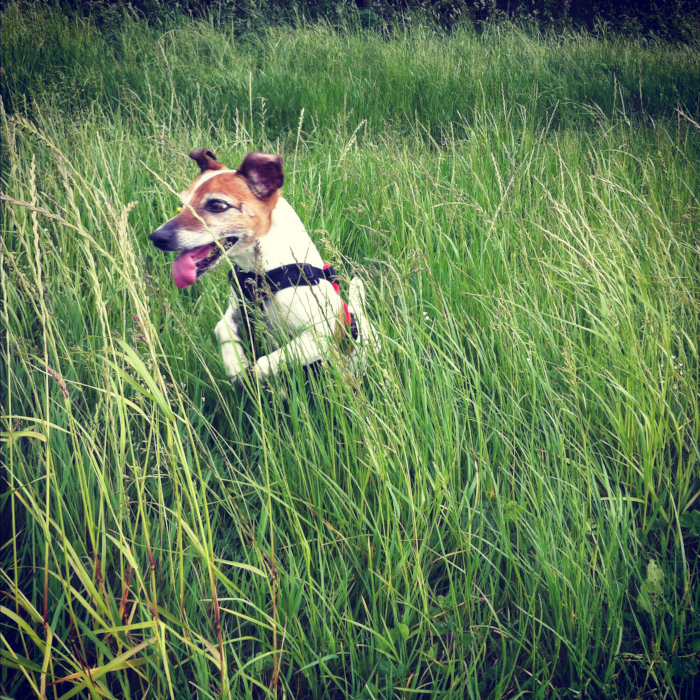What are the Health Benefits to the Dog?
There are several health benefits to neutering. One of the most important concerns the prostate gland, which under the influence of testosterone will gradually enlarge over the course of the dog’s life. In age, it is likely to become uncomfortable, possibly being large enough to interfere with defecation. The prostate under the influence of testosterone is also predisposed to infection, which is almost impossible to clear up without neutering. Neutering causes the prostate to shrink into insignificance, thus preventing both prostatitis as well as the uncomfortable benign hyperplasia (enlargement) that occurs with aging. It is often erroneously held that neutering prevents prostate cancer but this is not true.
Other health benefits of neutering include the prevention of certain types of hernias and tumors of the testicles and anus. Excessive preputial discharge is also reduced by neutering.
What Behavioral Changes can be Expected after Neutering?
The only behavior changes that are observed after neutering relate to behaviors influenced by male hormones. Playfulness, friendliness, and socialization with humans are not changed. The behaviors that change are far less desirable. The interest in roaming is eliminated in 90% of neutered dogs. Aggressive behavior against other male dogs is eliminated in 60% of neutered dogs. Urine marking is eliminated in 50% of neutered male dogs. Inappropriate mounting is eliminated in 70% of neutered dogs.
What Exactly is done Surgically?
An incision is made, generally just forward from the scrotum. The testicles are removed through this incision. The stalks are tied off and cut. Castration is achieved. If the testicles are not removed, the desirable benefits listed above cannot be realized. The skin incision may or may not have stitches.
Read more at: veterinarypartner.com


 Schedule an Appointment
Schedule an Appointment
